Health & Medicine
-
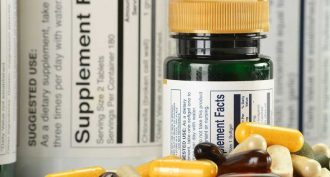 Health & Medicine
Health & MedicineMany food supplements unlawfully contain drugs
The most common medicines tainting these products were usually ones that doctors prescribe for weight loss, for muscle building or to boost a man’s sex drive.
-
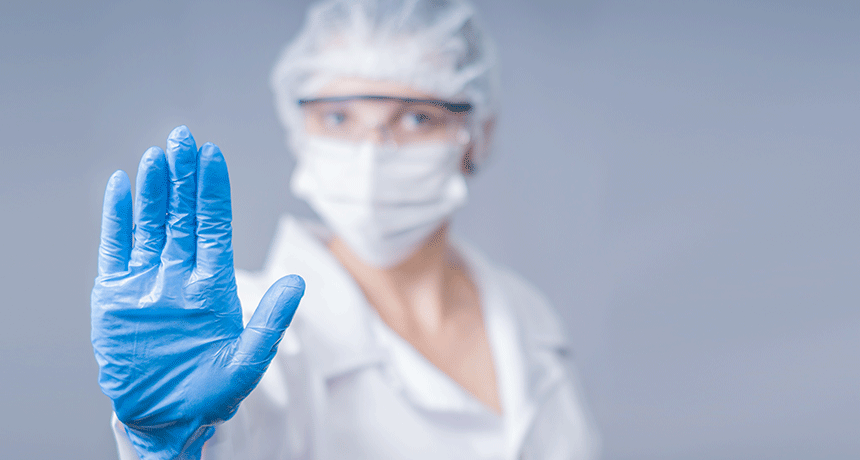 Health & Medicine
Health & MedicineScientists Say: Quarantine
This is a restriction on where people or animals who are sick — or suspected of being sick — can go. Doctors use quarantine to try to prevent a disease from spreading.
-
 Brain
BrainLess screentime linked to better memory, learning in kids
Kids ages eight to 11 spend an average of 3.6 hours a day on screens, a new study shows. But the best thinking scores come from kids who average fewer than two hours a day of screen time.
-
 Microbes
MicrobesBacteria and bugs will save us from the zombie apocalypse
Don’t fear the undead. Here’s how the body’s cells, microbes and insects will eat a zombie before it ever goes looking for brains.
-
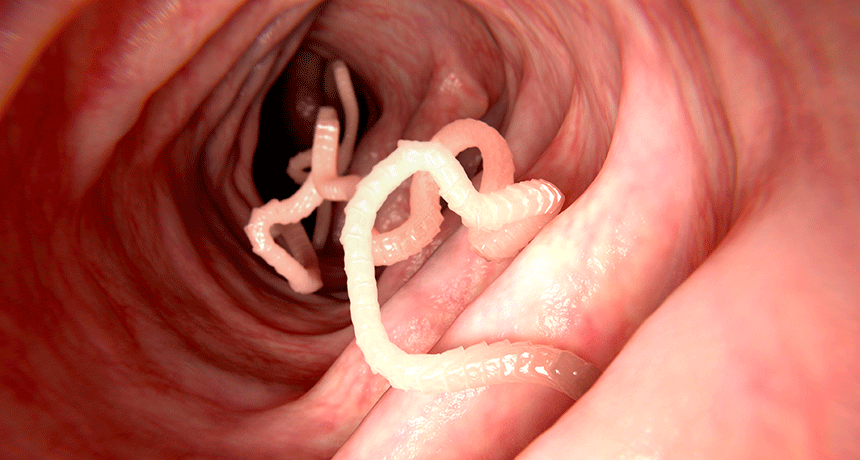 Health & Medicine
Health & MedicineScientists Say: Parasite
Lots of organisms live in pairs, benefitting from each other. But when one organism benefits while the other suffers? That first organism is a parasite.
-
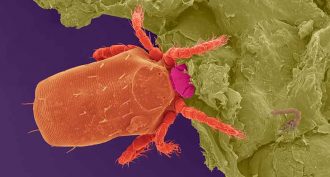 Health & Medicine
Health & MedicineChigger ‘bites’ may trigger an allergy to red meat
Some people develop a food allergy to red meat, and researchers suspect chiggers bites are to blame.
-
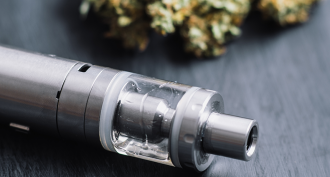 Science & Society
Science & SocietyTeen vaping of marijuana raises concerns about addiction
A new study estimates that nearly 1 in 11 middle and high school students in the United States has vaped marijuana, raising concerns about addiction.
-
 Health & Medicine
Health & MedicineTeens’ cell phone use linked to memory problems
A new study suggests teens who get more exposure to cell-phone radiation — and hold their phones up to their right ear — do worse on one type of memory test.
-
 Health & Medicine
Health & MedicineHere’s what puts teen drivers at greatest risk of a crash
Most teen car crashes trace to distraction and a driver’s inexperience. New studies point to how easily we can be distracted and by which activities.
-
 Health & Medicine
Health & MedicineAnalyze This: A good reason to drive with an adult in the car
Teens are much safer drivers during their “learner” stage, when there’s an adult in the car. Once they get a license and begin to drive solo, they exhibit more reckless behaviors.
-
 Environment
EnvironmentStudies report new risks to teens from secondhand smoke
Teens exposed to secondhand smoke are more vulnerable to getting sick, one study finds. Another suggests that later, in adulthood, these individuals may be at risk for premature death from lung disease.
-
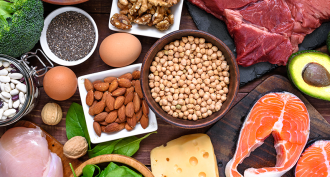 Health & Medicine
Health & MedicineExplainer: What are proteins?
In the body, proteins act as biochemical machines to carry out the work of cells.
By Bryn Nelson and Bethany Brookshire